‘I’m So Grateful:’ Detroit Woman Credits Self-Advocacy, Regular Wellness Visits, Support Services for Beating Breast Cancer

Jake Newby
| 6 min read
Jake Newby is a brand journalist for Blue Cross Blue...
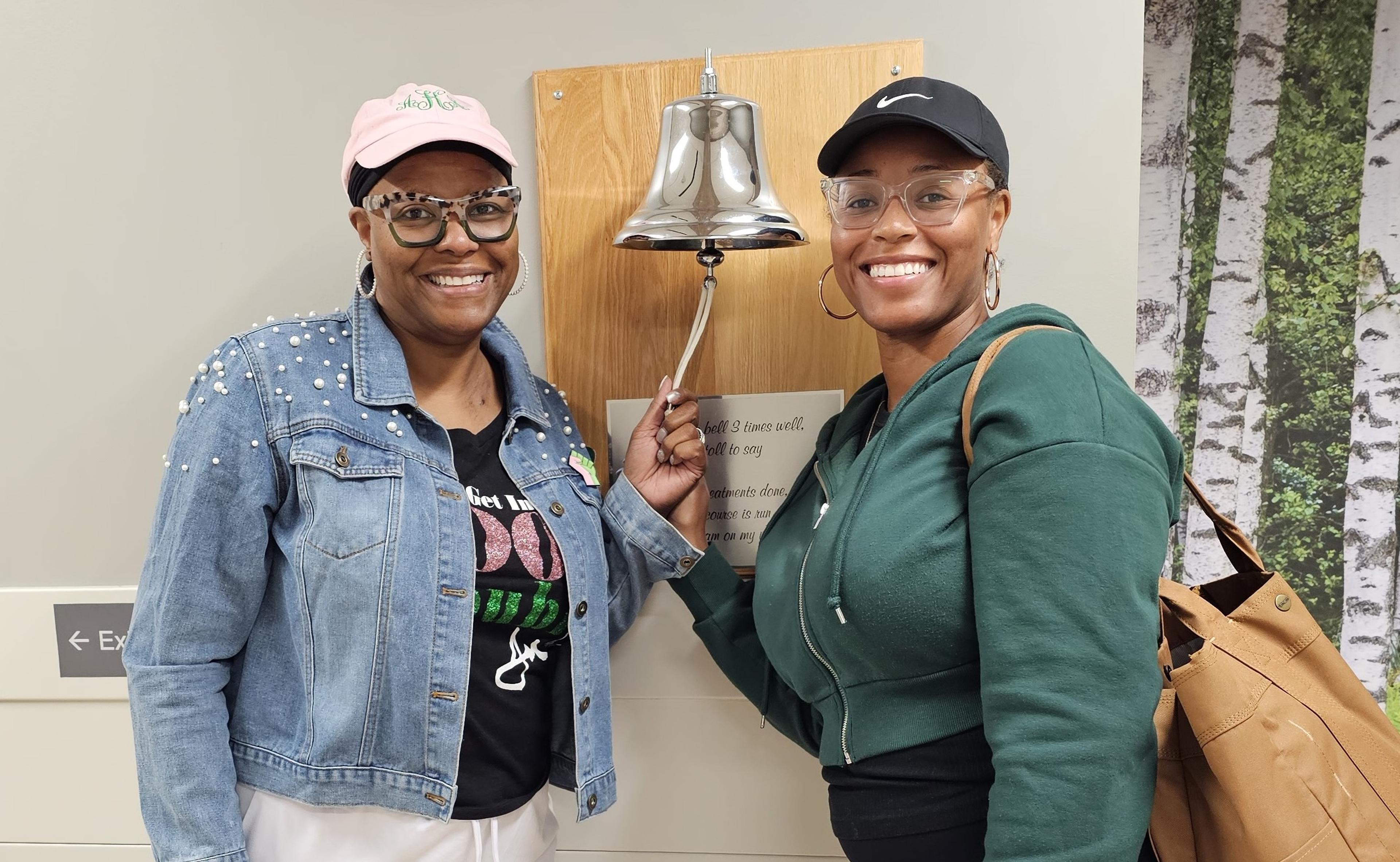
Key Takeaways
- Lisa Whitmore Davis learned she had stage-two breast cancer soon after being diagnosed with three pulmonary embolisms.
- Connecting with Iris by OncoHealth for 24-hour, seven-day-a-week support played a huge role in her cancer fight.
- Whitmore Davis' Blue Care Network plan played a pivotal role in discovering her cancer. Under a different plan, she may have had to go out of network and pay more for certain screenings or for services like Iris.
- In October she released "The Whitmore Project," an-hour long documentary chronicling the highs and lows of battling cancer.
Advocating for yourself in the doctor’s office and making sure to schedule preventive wellness visits are two of the most important steps you can take for your health. In Lisa Whitmore Davis’ case, they were crucial, lifesaving steps that allowed physicians to catch her breast cancer case at an early, treatable stage.
“Cancer is unlike anything I’ve ever dealt with,” said Davis, a Detroit resident and Blue Care Network (BCN) member. “It’s the grief of losing your life and your health the way it was, before cancer, but also, it’s rediscovering who you are now after you’ve been through this really tough filter of (chemotherapy) and radiation and surgery.”
In August 2023, Whitmore Davis struggled to breathe during her normal commute to work. A trip to the emergency room and a CT scan revealed three pulmonary embolisms, which are blood clots that block blood from flowing to an artery in the lung. After a week-long stay in the hospital, Whitmore Davis went searching for answers.
“I went to all the doctors; hematology, cardiology, endocrinology, all of the different docs,” Whitmore Davis explained. “And then, it was my regular wellness check with my OB/GYN who said, ‘this is not normal.’ At that time, I wasn’t with Blue Care Network, and I understood in that situation what it’s like to be underinsured because my doctor had to fight to get me the appropriate screening.”
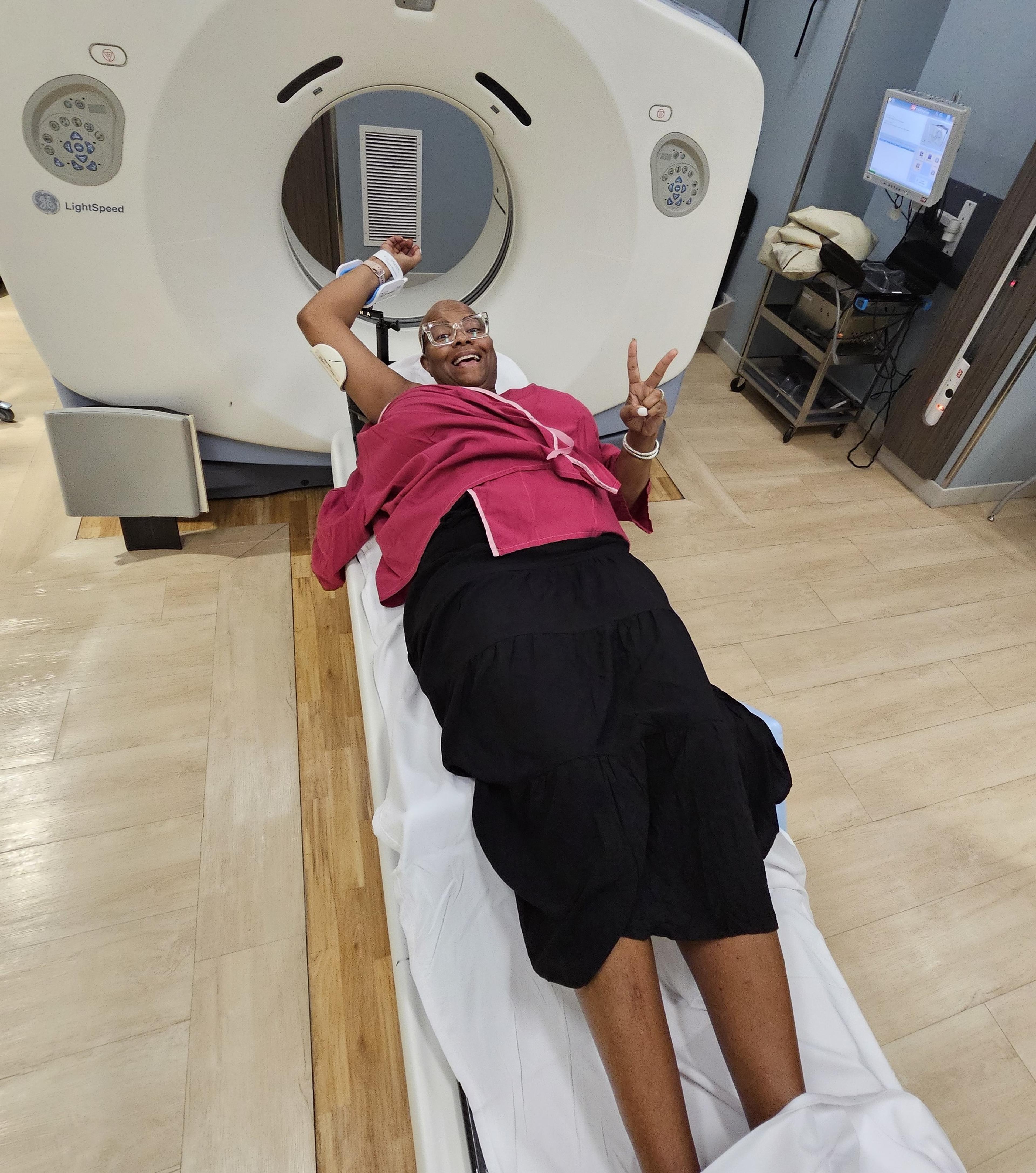
She was eventually able to receive a 3D mammogram, which she credits with saving her life.
“I discovered I had breast cancer,” she said.
During her first cancer planning visit, Whitmore Davis learned pulmonary embolisms can be a sign of unchecked or undiagnosed cancer. Research has found that people with cancer have a higher risk of developing blood clots. For Whitmore Davis, her trio of pulmonary embolisms represented an intense warning sign for her stage-two breast cancer.
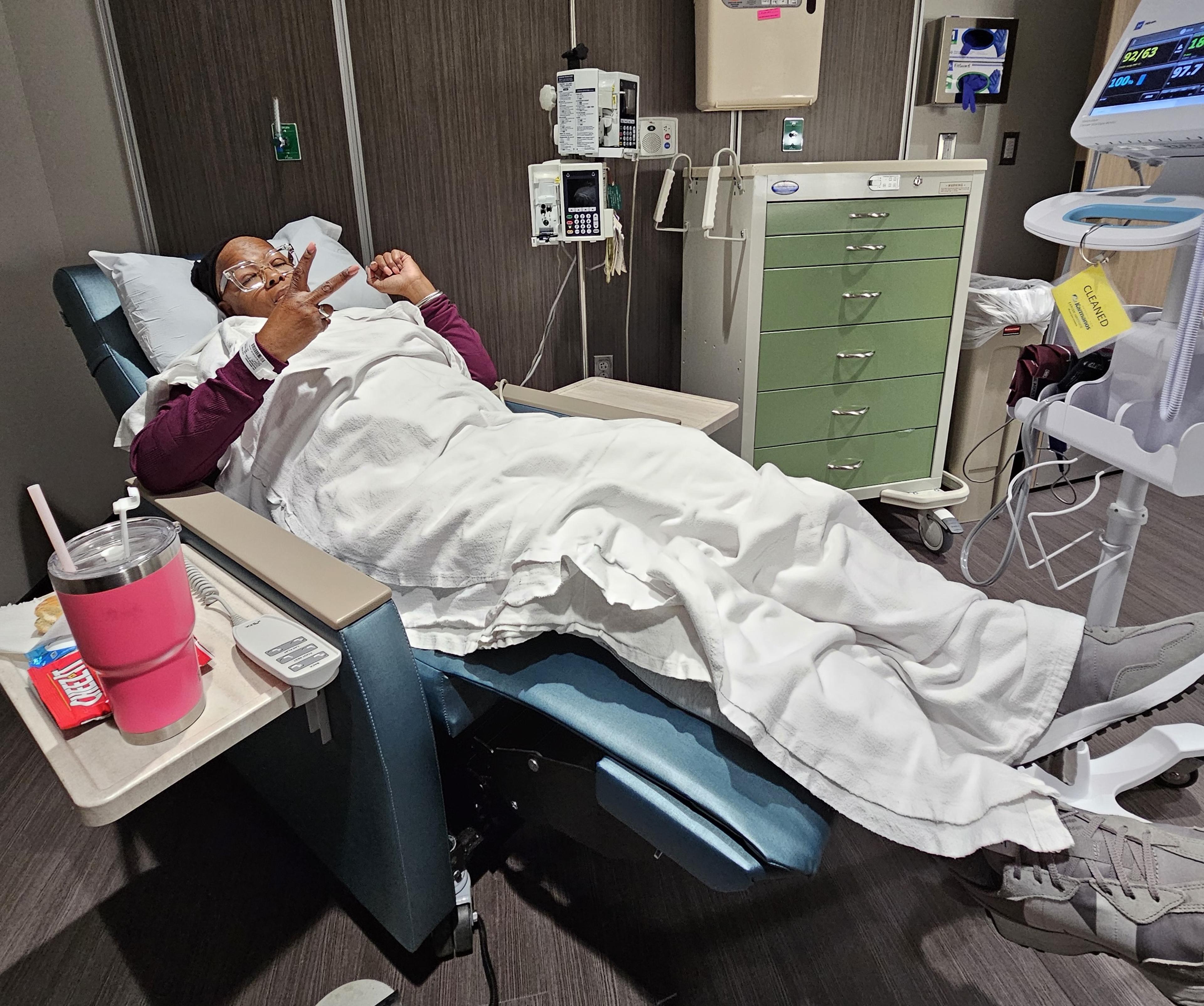
How Iris by OncoHealth gave Whitmore Davis a lift when she needed it most
Early in her fight with cancer while scrolling through her phone one night, Whitmore Davis saw an advertisement for Iris by OncoHealth. Iris is a comprehensive digital platform that delivers personalized, oncology-specific 24-hour, seven-day-a-week support to navigate the emotional challenges and physical symptoms caused by cancer and cancer treatment.
Whitmore Davis’ family couldn’t have been more supportive during her cancer journey, but many of them lived far away and couldn’t always be there for her in person. Iris was accessible on her phone when she needed it and was compatible with her BCN health insurance plan.
“I signed up, went on the portal and immediately began to use the oncology nurse,” Whitmore Davis said. “I would text her a question, let her know how I was feeling. My cancer center was closed on the weekends, but my daughter, who was my caregiver, could text a question into the Iris portal and get an answer after several hours, if not immediately.”
When chemo caused Whitmore Davis’ to experience food aversions, she called on Iris to help her with her nutrition. She recalls some foods tasting too salty, and Iris helped her navigate through that by recommending certain fruit and vegetable smoothie combinations that she enjoyed.
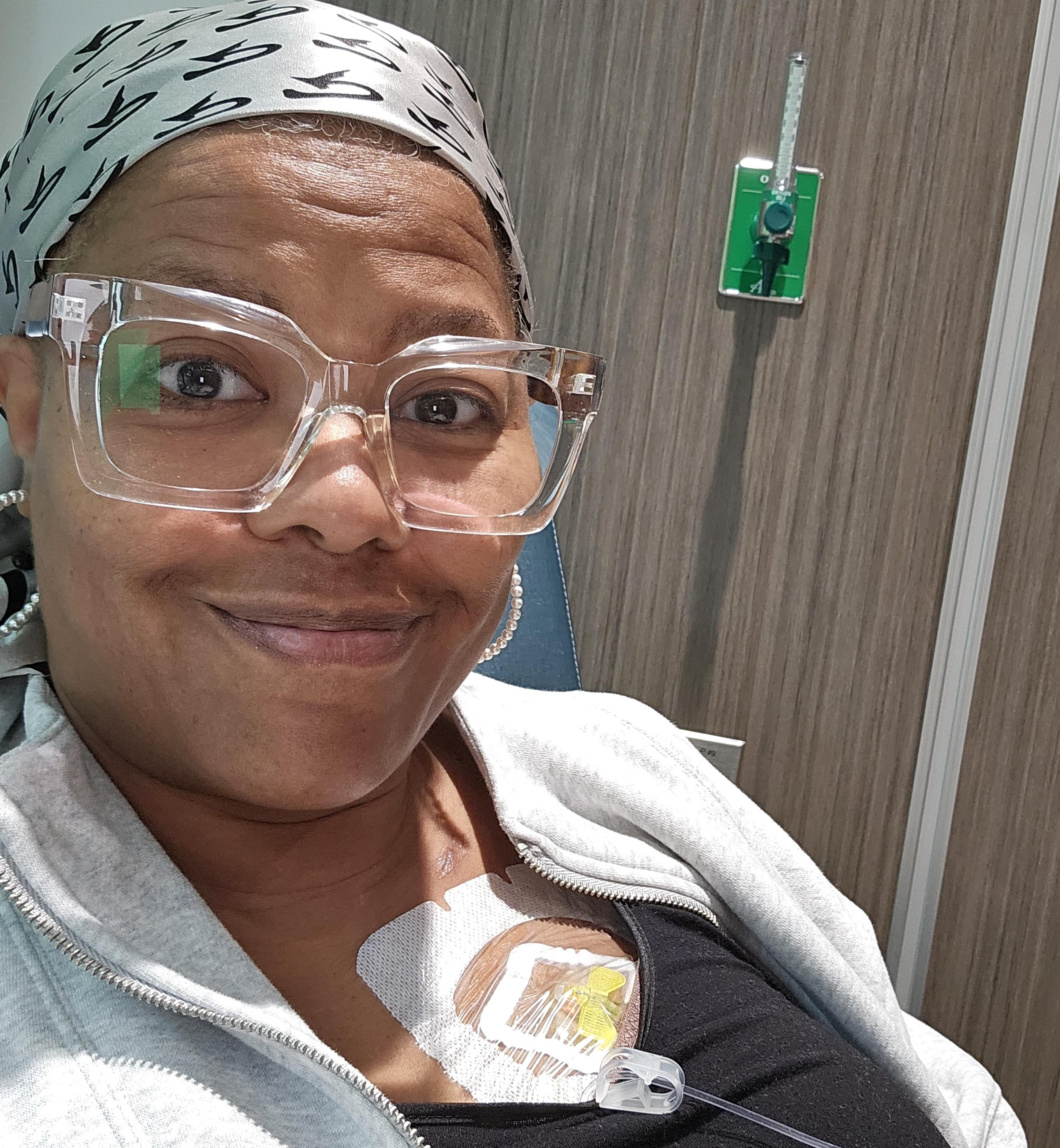
“You set up a cadence when you’re working with your Iris practitioners,” she said. “You see them as often as you need to or have a set appointment where you check in with one another.”
Perhaps the most important tool in the Iris toolbox for Whitmore Davis was its mental health services.
“The Iris therapists had experience with individuals who had been through cancer,” she said. “Not to diminish other therapists, but having that background and understanding what the mind, body and spirit is going through – my Iris therapists really understood that. And I am just forever grateful.”
She added that her BCN plan played a pivotal role in discovering her cancer. Under a different plan, she may have had to go out of network and pay more for certain screenings or for services like Iris with OncoHealth. She said she is grateful for the peace of mind her Blue Cross insurance plan afforded her.
“Because of what I’ve been through – starting my cancer journey with another insurance carrier that was very difficult – I have not had one problem with my Blue Care Network since I joined in the early part of my journey,” Whitmore Davis said. “I’m grateful, I really am. It’s a scary feeling when you’re told your insurance company won’t allow you to have a diagnostic test. I’ve never faced that before. But I learned through this journey that that happens a lot. That hasn’t happened for me, and I’m so grateful that with Blue Cross, I mattered to them.”
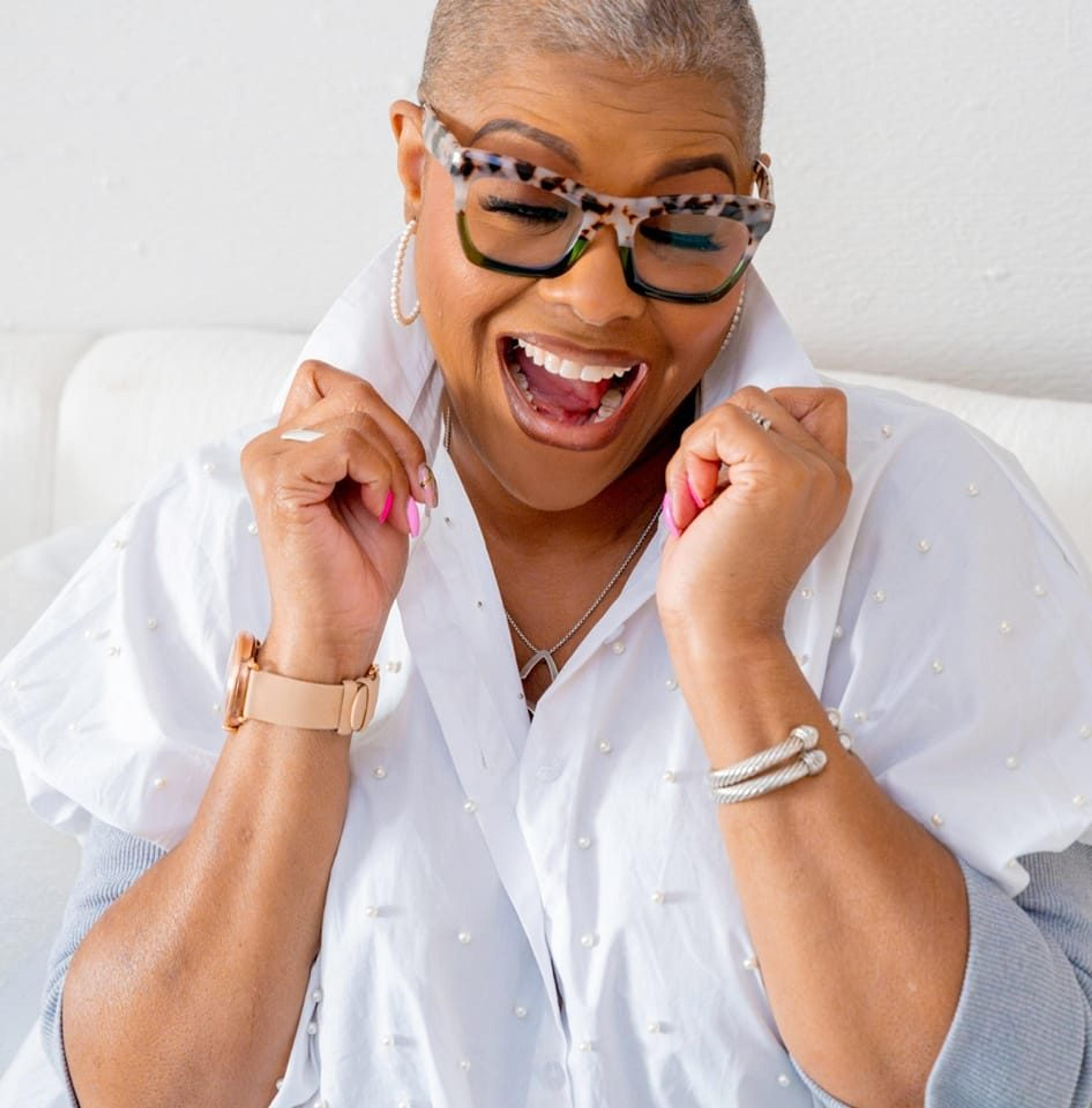
The Whitmore Project documents the good and the bad of Whitmore Davis’ cancer journey
After more than a year of mental, physical and emotional turmoil, on Sept. 9, 2024, Whitmore Davis finally “rang the bell”, a symbolic ritual that marks the end of treatment and remission from cancer.
“Going through cancer is hard work. It’s a day in, day out process,” she said. “And that moment meant we reached the place we wanted to. Because I had friends who didn’t make it; they didn’t ring the bell. I was grateful.”
Whitmore Davis has always been a picture taker. Her closest friends don’t have to worry about snapping pics during a night out or a big dinner because they know their friend will have an entire camera roll full of them. This hobby took on a new meaning for Whitmore Davis during her breast cancer journey, as she began to visually document everything she experienced.
“Taking pictures and videos helped me deal with the fear of what I was going through,” Whitmore Davis said.
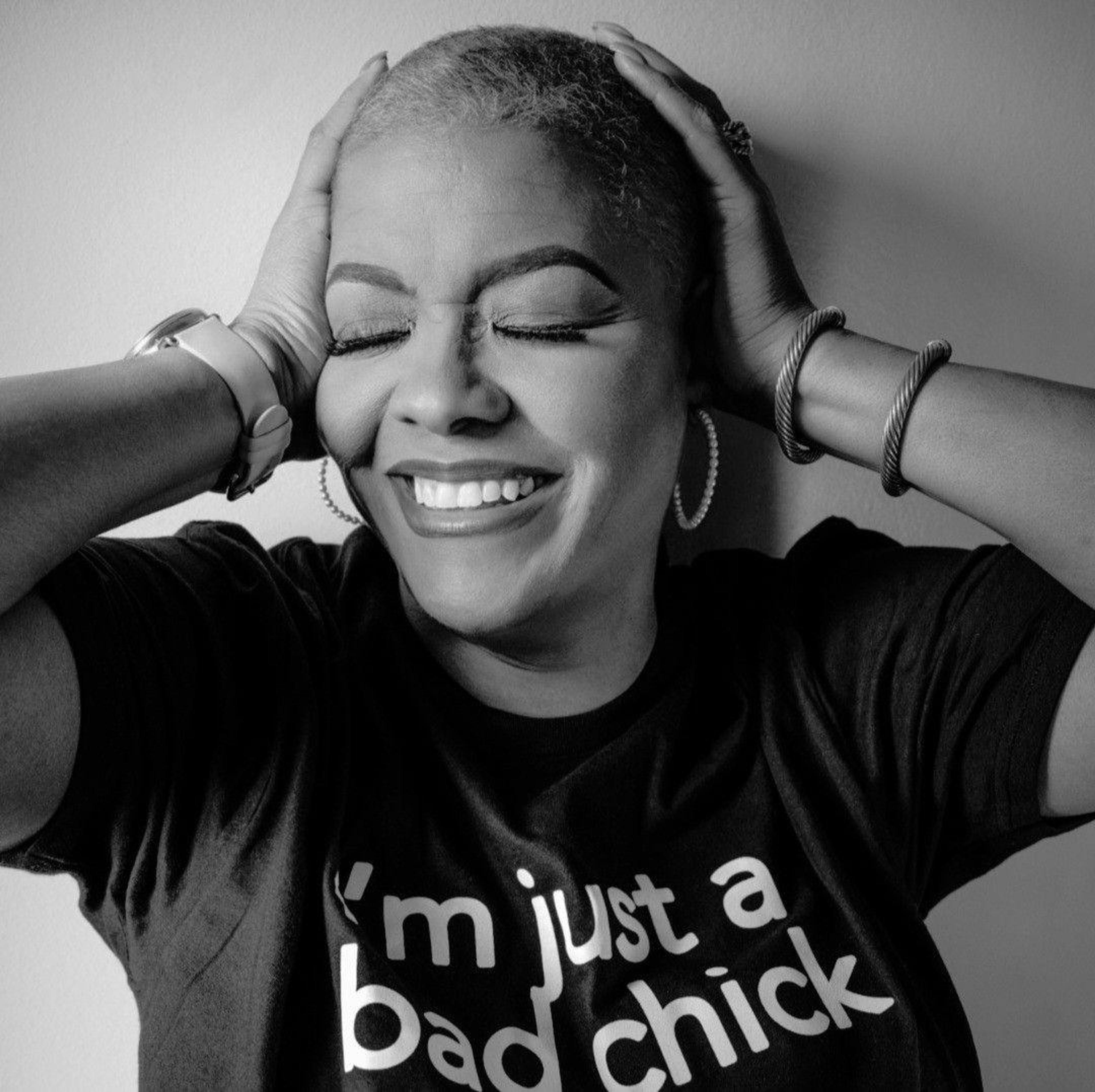
Not only was this process personally therapeutic, Whitmore Davis said she took pride in showing people who looked like her – a Black woman – that it was OK to struggle and it was OK to be vulnerable.
“I just didn’t see anything out in the market – I’m a YouTube girl, I watch a lot of YouTube – that was affirming, and that reflected and looked like me.”
It was never the plan when she was diagnosed, but about halfway through Whitmore Davis decided to use all this personal, sometimes uncomfortable, footage and make it into a documentary. The year-plus video journey, known as “The Whitmore Project,” was released in October. It chronicles her entire journey of breast cancer, from diagnosis to survivorship. Visit the project’s official website here to learn more, including how to view it.
‘It’s your life, it’s your health’
Whitmore Davis added that she also hopes the Whitmore Project will encourage people to advocate for their health and attend regular screenings, two cornerstones of navigating health care. She recognizes that if she didn’t do either, her health may have suffered tremendously.
“We hope we can educate people on how to use your voice to speak up. It’s OK to keep pushing and to push back with doctors, in a respectful way of course,” she said. “It’s your life., it’s your health. And also, don’t blow off going to your regularly scheduled screenings and appointments. Just think if I hadn’t seen my OB/GYN. My oncologist told me he couldn’t feel my tumor.
“I wouldn’t have been able to feel it for a longer period of time. My basic, regular mammogram wouldn’t have caught it either,” Whitmore Davis added. “He told me I was so lucky, so, again, if I blew off that regularly scheduled screening? I don’t even want to think about it.”
Photo credit: Lisa Whitmore Davis
Keep reading:





